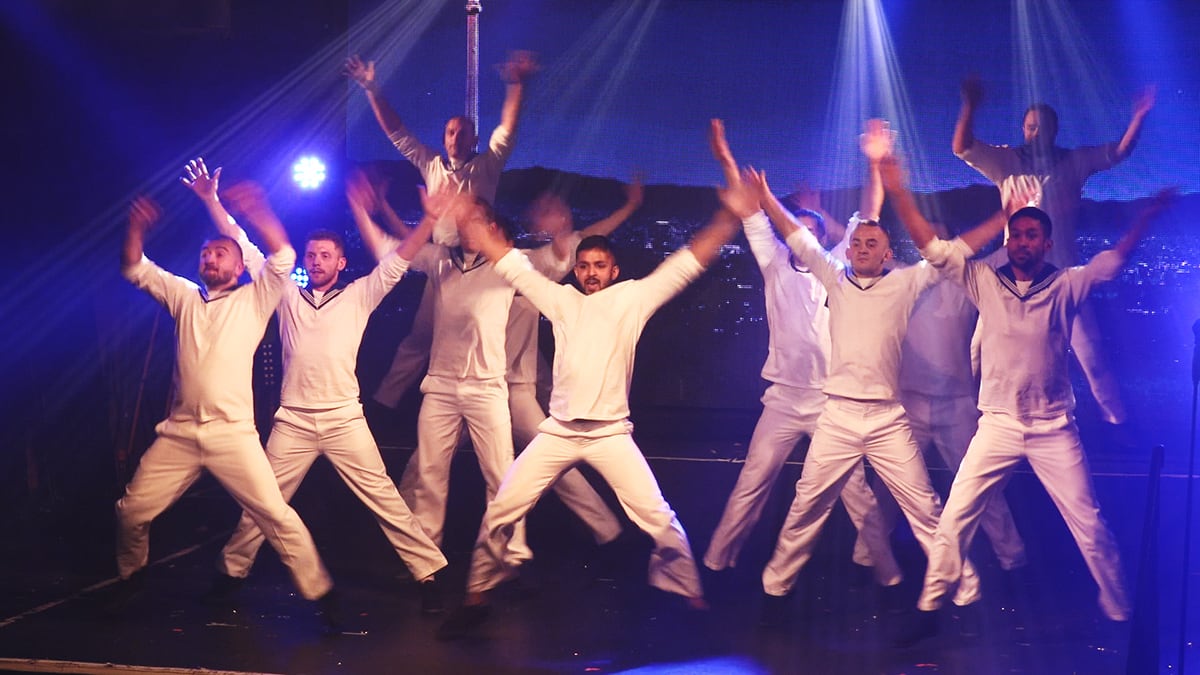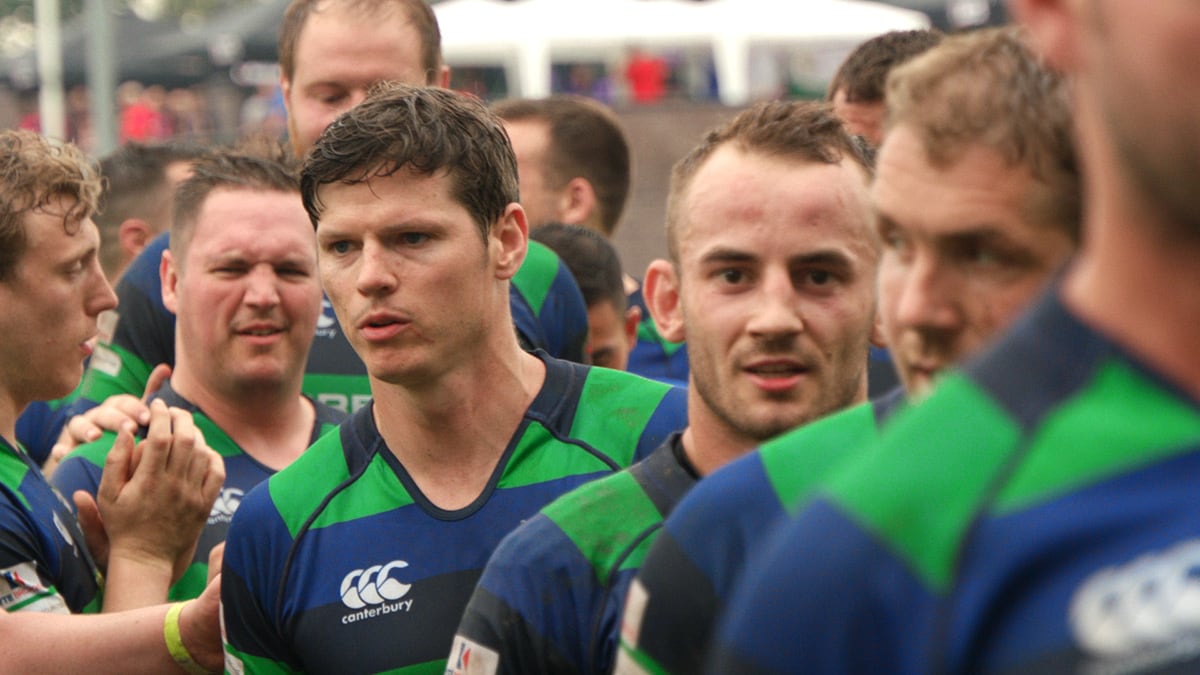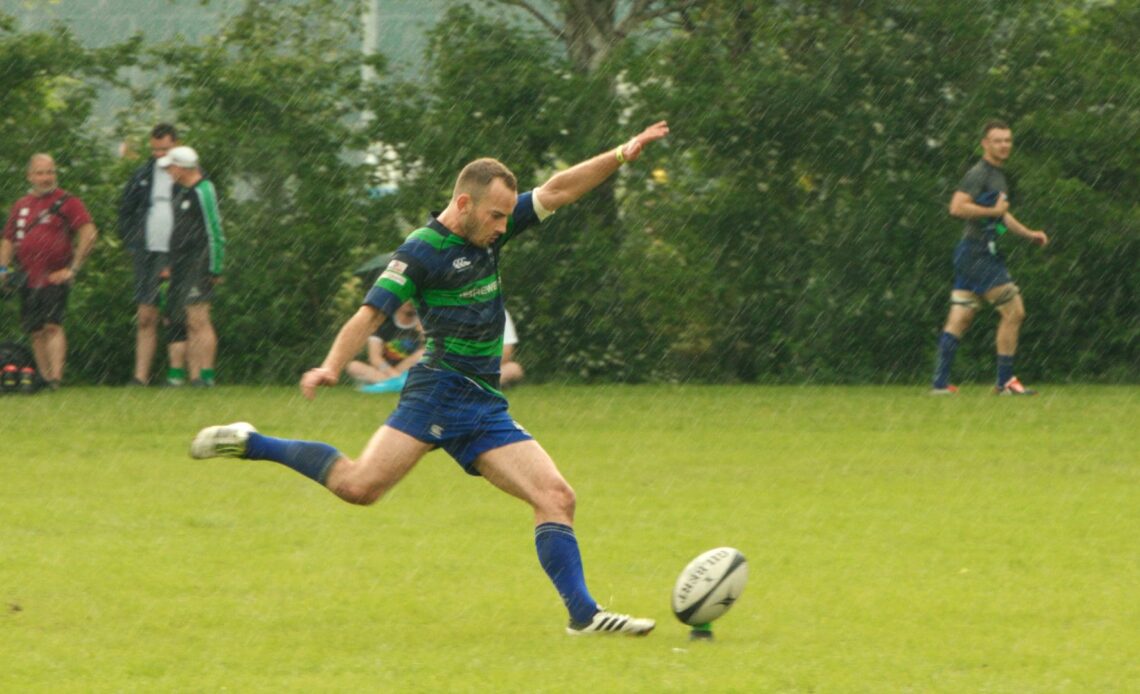In 1995 the world’s first gay rugby club, the Kings Cross Steelers, formed over a radical idea and a few drinks in a London Pub.
Today, sixty clubs compete for the prized Bingham Cup every two years in the gay rugby world tournament.
With a rousing 70s disco soundtrack opener, The Kings Cross Steelers run onto the field; game-face snarls ready. They have a great shot at winning, even facing their nemesis’, the Sydney Convicts. And if they win, they are one step closer to their first Bingham cup. Australian journalist Eammon Ashton-Atkinson follows their pursuit.
Steelers is not a sports film about gay rugby. It is a candid behind-the-scenes look into gay athletes struggling with belonging and owning their sexuality. As a gay rugby team, they are changing the way the world identifies the face of athletes. Creating an identity in whatever shape they like is the team’s strength and vulnerability.

Their pregame locker room jitters are combatted with group toenail polish sessions. Post-game-face is speckled with drag makeup as some of the drag queens swap out their two-piece rugby stripes for feathers and sequins. While some relax in ice baths, others chill down in a fresh star-spangled speedo. The message The Steelers are broadcasting: a gay man, a sportsman, can look any way he wants.
Filmed from the sideline, Steelers has a home-movie feel. Suicide, depression, severed family ties, betrayal, lack of belonging, bullying, and even struggling to own one’s sexuality, the director’s gaze is confessional. Eammon listens and searches like a best friend, and the answers are hard-hitting.

Eammon is not unaffected by the struggle of belonging and his own sexuality. Yet his triumph and transformation is the common thread echoed by the team members. A sense of home and belonging has been found in rugby and the team. The moment Eammon at the age of twelve discovered he was gay, so did his school friends. His life turned to hell overnight. School peers, no longer mates, began a relentless hate campaign, name-calling, shaming, and bullying their daily agenda. Eammon escaped to his local rugby club for safety and found acceptance. Rugby saved him and changed his life, and saved the lives of many of the team members. His rugby mates simply called him the tall second rower who was good at scoring tries.

Gay rugby, with all its inclusion of sequins and tiaras, debunks the myth that gay men must look one way and behave another. It debunks the myth that sportsmen must look a certain way to be accepted or to be masculine. The best part is when we’re part of a team that supports our identity; whoever we are is enough.
Fun Fact:
Steelers won the Audience Award for Best Feature Documentary at the Queer Screen Film Fest in Sydney.




COMMENTS